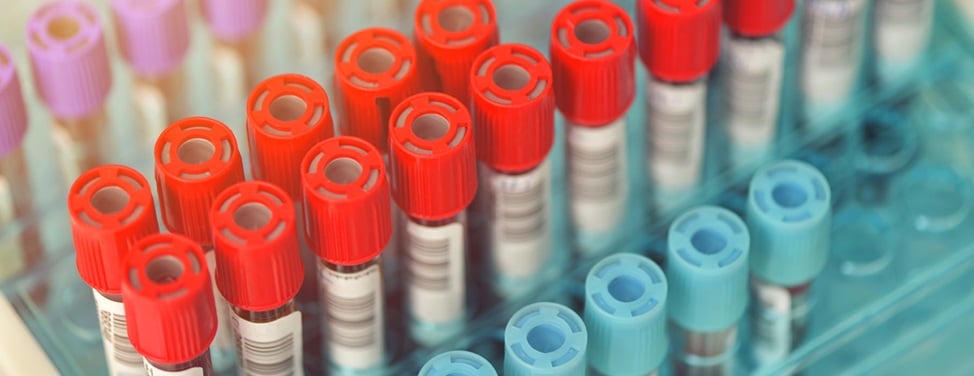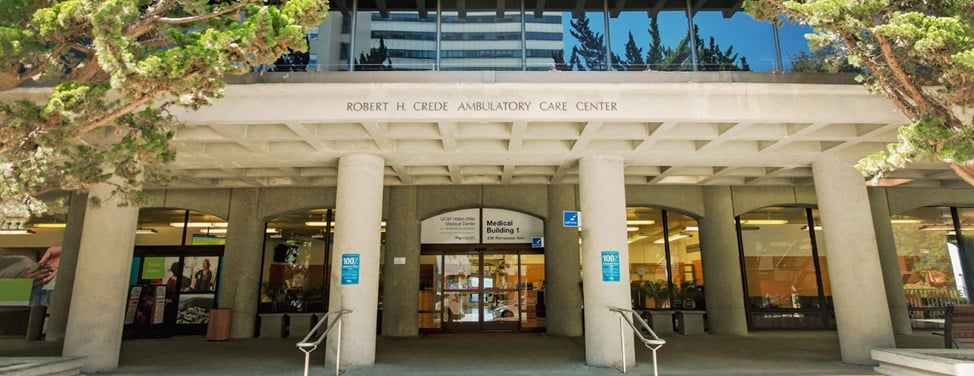
Surgical Weight Loss Procedures for Kidney Transplant Patients
Surgery to Achieve Weight Loss and Qualify for a Kidney Transplant
Increasing numbers of patients with end-stage renal disease are "morbidly obese," which means they weigh over 100 pounds more than their ideal body weight or they have a body mass index of 35 or higher. Body mass index, or BMI, is a number based on your height and weight that can help evaluate the degree to which you are overweight and assess your total body fat. Normal BMI is 20 to 25.
Morbid obesity puts transplant patients at greater risk for complications and is often a reason for deciding that a patient is not a candidate for a transplant. Some overweight patients who wish to have a kidney transplant are able to lose weight through diet and exercise in order to qualify for a transplant. Other patients are not able to do this. In addition, many patients gain significant amounts of weight after their transplants and can develop serious medical conditions as a result of this weight gain.
The Bariatric Surgery Center at UCSF Medical Center can help patients lose weight and maintain that weight loss to improve overall health. In the case of patients waiting for a kidney transplant, losing weight also can improve their chances of being a transplant candidate.
The procedure being performed most commonly at UCSF is the gastric bypass, which has been shown to be the most effective way for morbidly obese patients to lose weight.
- This procedure is usually performed laparoscopically
- Most patients are able to go home two to three days after the surgery
- The surgeon performing this procedure in patients with kidney failure or in patients with transplants is also a transplant surgeon who is familiar with the special needs of these patients
Over the past few years, we have examined the potential benefits of gastric bypass procedures in morbidly obese dialysis and transplant patients and found that this surgery can be performed safely and may be a life–saving procedure.
If you are interested in learning more, please visit the UCSF Bariatric Surgery website or contact the UCSF Bariatric Surgery Center at (415) 353-3619.
Dialysis Access Surgery
Patients with end-stage renal disease who require dialysis need an easy-to-use entryway or "access" to the bloodstream for regular dialysis treatments to take place. The access is usually in your arm or leg and allows blood to be removed and returned quickly and safely during dialysis.
UCSF kidney transplant surgeons also specialize in creating permanent access for dialysis by surgically joining an artery to a vein. This lets the vein receive blood at high pressure, leading to thickening of the vein's wall. Once the vein's wall thickens, it is strong enough to take the repeated puncture needed for dialysis treatment. It also provides excellent blood flow rates for effective dialysis. The connection between an artery and a vein can be made using blood vessels — an arteriovenous fistula, or AVF — or a "bridge" — arteriovenous graft, or AVG.
The fistula is preferable because rates of infection are very low and it is quite sturdy. It may take many months for the fistula to grow strong enough to work correctly, so careful planning is required.
The graft can be used for dialysis access a few weeks after it is created. It provides good blood flow but has a higher complication rate than the fistula. A graft should be used only if it is not possible to create a fistula.
Another form of dialysis uses a plastic tube or catheter that exchanges fluid in the abdominal space. This form of dialysis is called peritoneal dialysis. UCSF surgeons have developed a way to place these catheters using small incisions and a scope. This allows for faster healing, and earlier use of the catheter.
Options for Patients with Diabetes
UCSF has been a national leader in pancreas and pancreas/kidney transplants in patients with diabetes mellitus. Although these operations are more complex than solitary kidney transplants and require close post-operative follow-up, our patients have done extremely well and most continue to enjoy a life free of dialysis and insulin therapy.
In addition to pancreas transplantation, our center now also offers pancreatic islet transplantation to selected patients with difficult to control diabetes. This treatment is part of a trial sponsored by the National Institutes of Health. We have now performed islet transplants in four patients at our center.
If you are interested in any of these options, we can provide you with the relevant information during your initial visit with us.
UCSF Health medical specialists have reviewed this information. It is for educational purposes only and is not intended to replace the advice of your doctor or other health care provider. We encourage you to discuss any questions or concerns you may have with your provider.







